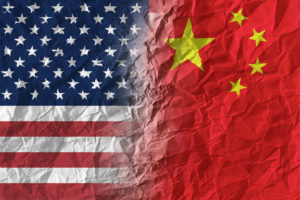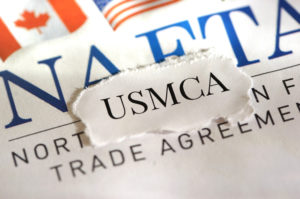
On August 20, 2021, China’s national legislature passed the Personal Information Protection Law (“PIPL”), which will become effective on November 1, 2021. As China’s first comprehensive system for protecting personal information, the PIPL is an extension of the personal information and privacy rights enshrined in China’s Civil Code, and also a crucial element of a set of recent laws in China that seek to strengthen data security and privacy. Among other things, the PIPL sets out general rules for processing and cross-border transfer of personal information. A number of provisions, notably various obligations imposed on data processors, restrictions on cross-border transfer, and hefty fines, will have significant impact on multinational corporations’ HR activities, including recruitment, performance monitoring, cross-border transfers, compliance investigations, termination of employment relationships, and background checks.
This alert will highlight specifically how the PIPL will apply to workplace scenarios in China and provide suggestions to help ensure data privacy compliance for multinational corporations’ China labor and employment operations.
Employee Consent and Exceptions to Consent
Under Article 4 of the PIPL, “personal information” is defined broadly as information related to natural persons recorded electronically or by other means that has been used or can be used to identify such natural persons, excluding information that has been anonymized. Specific types of personal information have been noted for additional protection under Article 28 of the PIPL as “sensitive personal information”. Sensitive personal information is defined under the law as personal information that is likely to result in damage to the personal dignity, physical wellbeing or property of any natural person, and includes, among others, information such as biometric identification, religious belief, special identity, medical health, financial account, physical location tracking and whereabouts, and personal information of those under the age of 14.
Continue Reading Employee Personal Information Protection in China – Are You Up to Speed?








